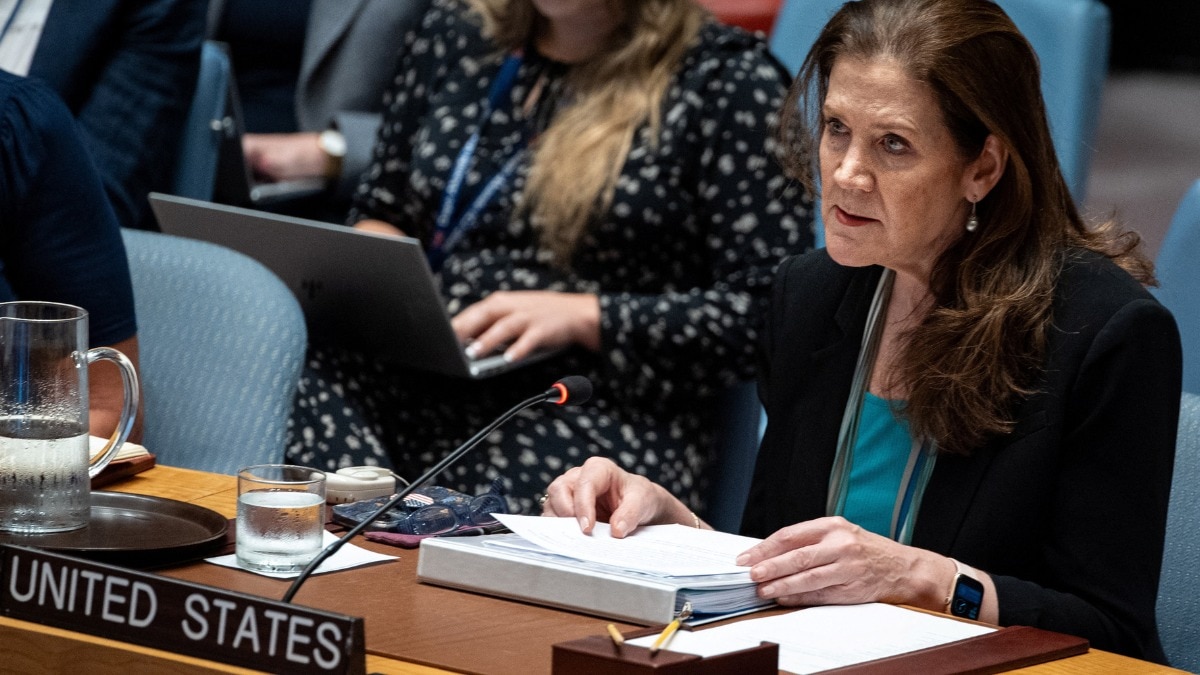Last Updated:July 08, 2025, 14:56 IST
Afghanistan's Kabul may run out of water by 2030: Dayne Curry, Mercy Corps' Afghanistan director, said, "The absence of water means communities will be forced to leave."

Kabul’s aquifer levels have dropped 25-30 metres (82-98 feet) in the past decade. (AP)
Afghanistan’s Kabul may run out of water by 2030: Kabul, Afghanistan’s capital with a population of seven million people, could become the first modern city to run out of water in the next five years, a new report has warned.
Every year, the amount of water being used is 44 million cubic meters more than what is naturally replenished. The report by nonprofit Mercy Corps has warned of a severe water crisis in Kabul if urgent action is not taken.
‘No water in Kabul may force communities to leave’
Kabul’s aquifer levels have dropped 25-30 metres (82-98 feet) in the past decade, with extraction of water exceeding natural recharge by a staggering 44 million cubic metres (1,553cu feet) a year, the report, published in April this year, noted.
If the trend continues, Kabul’s aquifers will become dry by 2030, posing an existential threat to the Afghan capital, according to the report.
Dayne Curry, Mercy Corps’ Afghanistan director, emphasised the crisis, stating, “The absence of water means communities will be forced to leave. Without intervention, large-scale migration and increased hardship will follow for the people of Afghanistan."
The report said UNICEF projected that nearly half of Kabul’s underground bore wells, the primary source of drinking water for residents, are already dry.
Kabul’s water issues
Since 2001, Kabul’s ‘s population has grown sevenfold, complicating water management amid inadequate infrastructure and governance.
The Panjshir River water pipeline project could supply two million people but requires funding and support.
Water resource expert Najibullah Sadid warned, “Kabul is facing a crisis with no return path unless immediate action is taken."
Mercy Corps’ alert calls for urgent international support and effective local governance to prevent a catastrophic drought in Kabul’s coming decade.
Rainfall has also declined sharply in recent years. Rivers that refill Kabul’s groundwater depend on snow and glacier melt from the Hindu Kush mountains. But from October 2023 to January 2024, Afghanistan received only 45 to 60 percent of its usual winter rain.
Inputs from ANI & Agencies

At the news desk for 17 years, the story of her life has revolved around finding pun, facts while reporting, on radio, heading a daily newspaper desk, teaching mass media students to now editing special copies ...Read More
At the news desk for 17 years, the story of her life has revolved around finding pun, facts while reporting, on radio, heading a daily newspaper desk, teaching mass media students to now editing special copies ...
Read More
News explainers This City Is Likely To Become World’s First Capital To Run Out Of Water By 2030

 1 month ago
1 month ago














